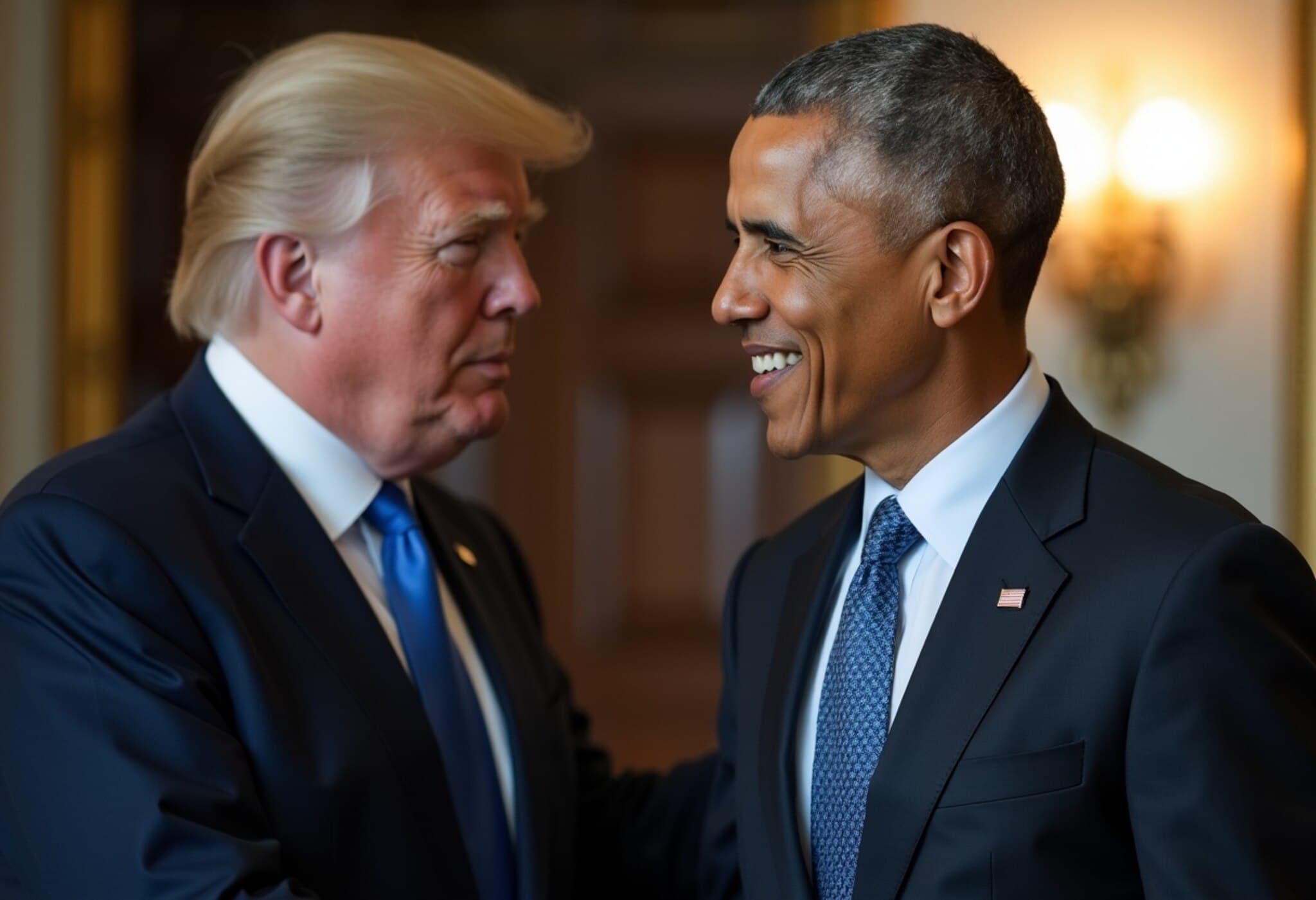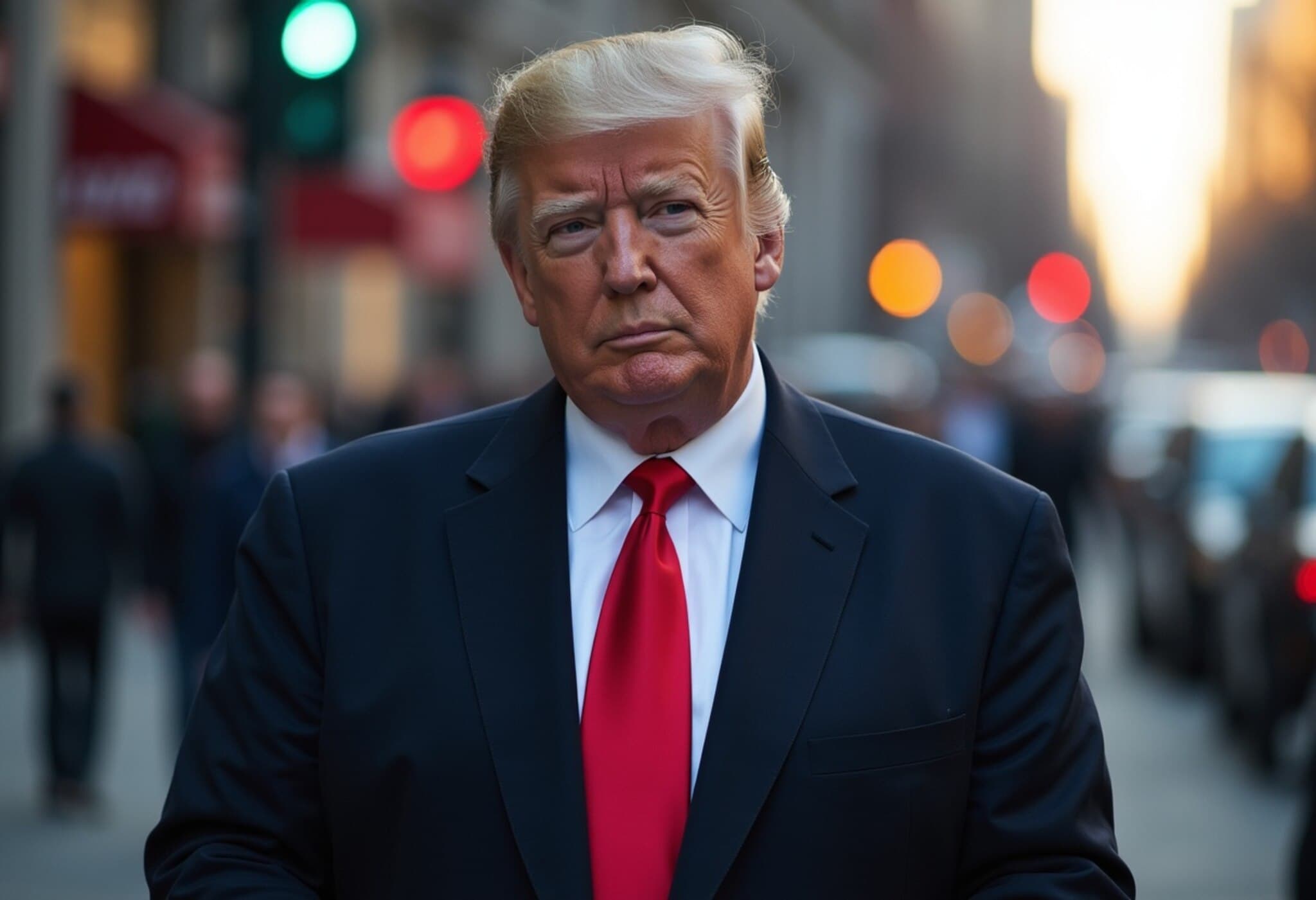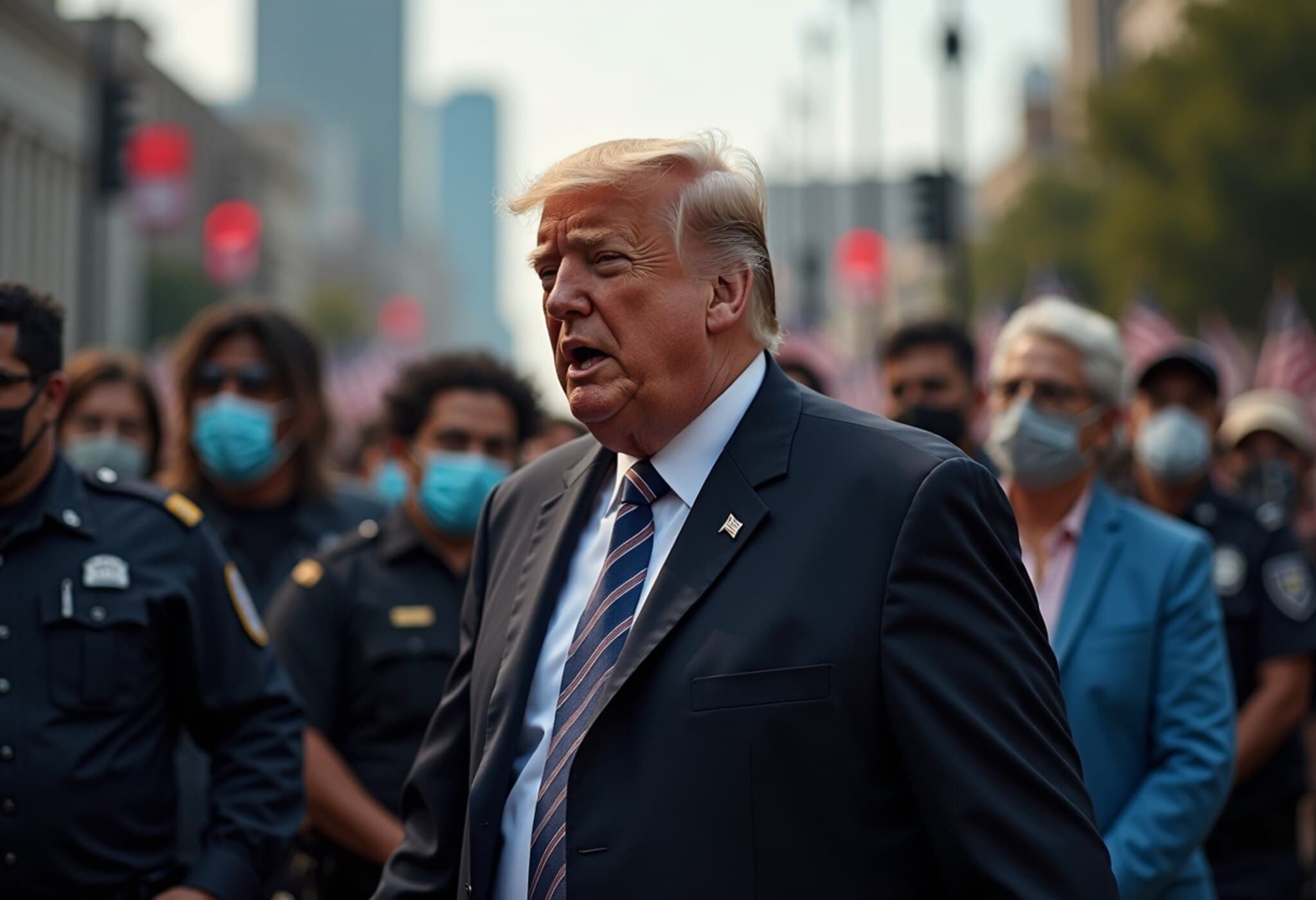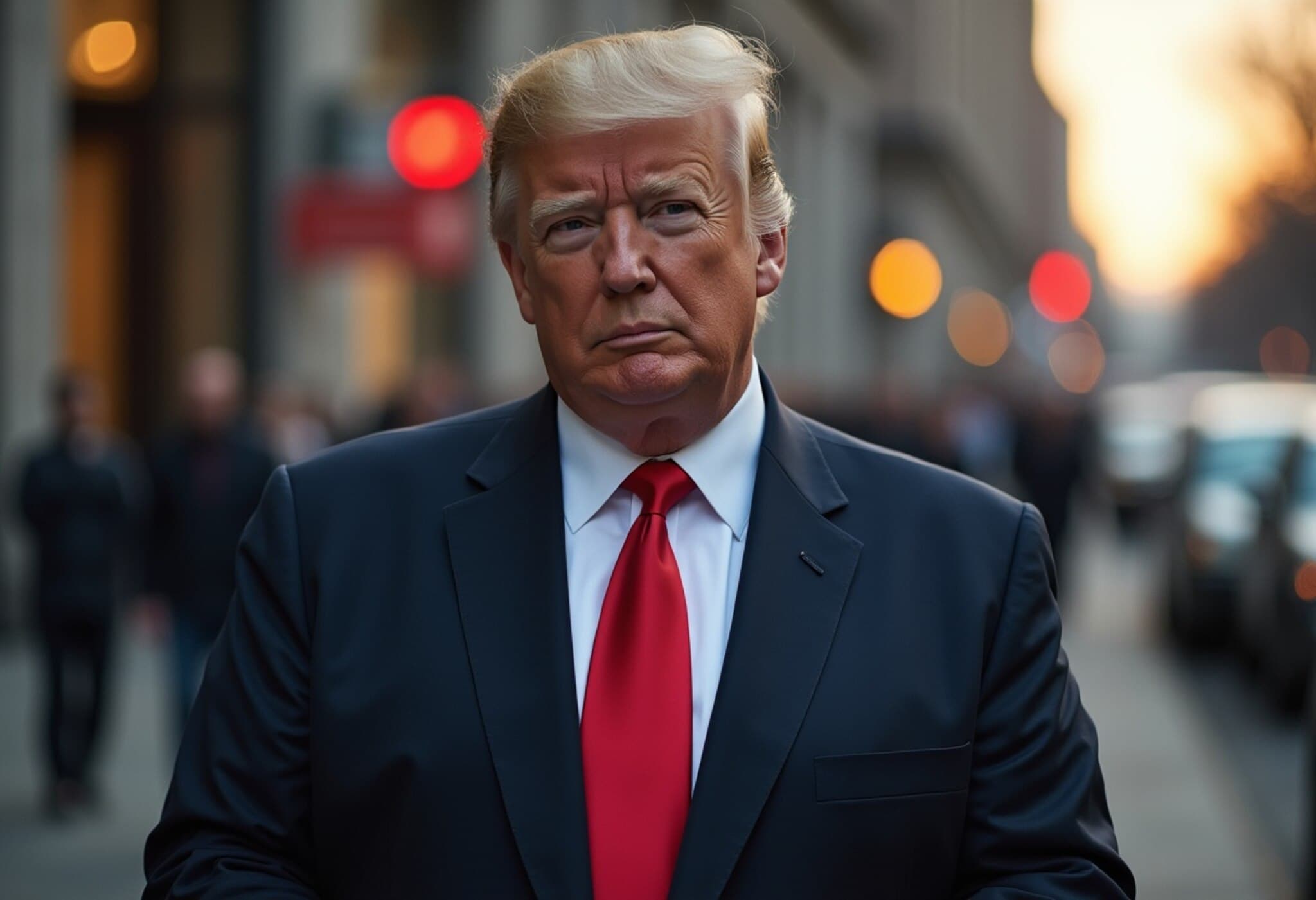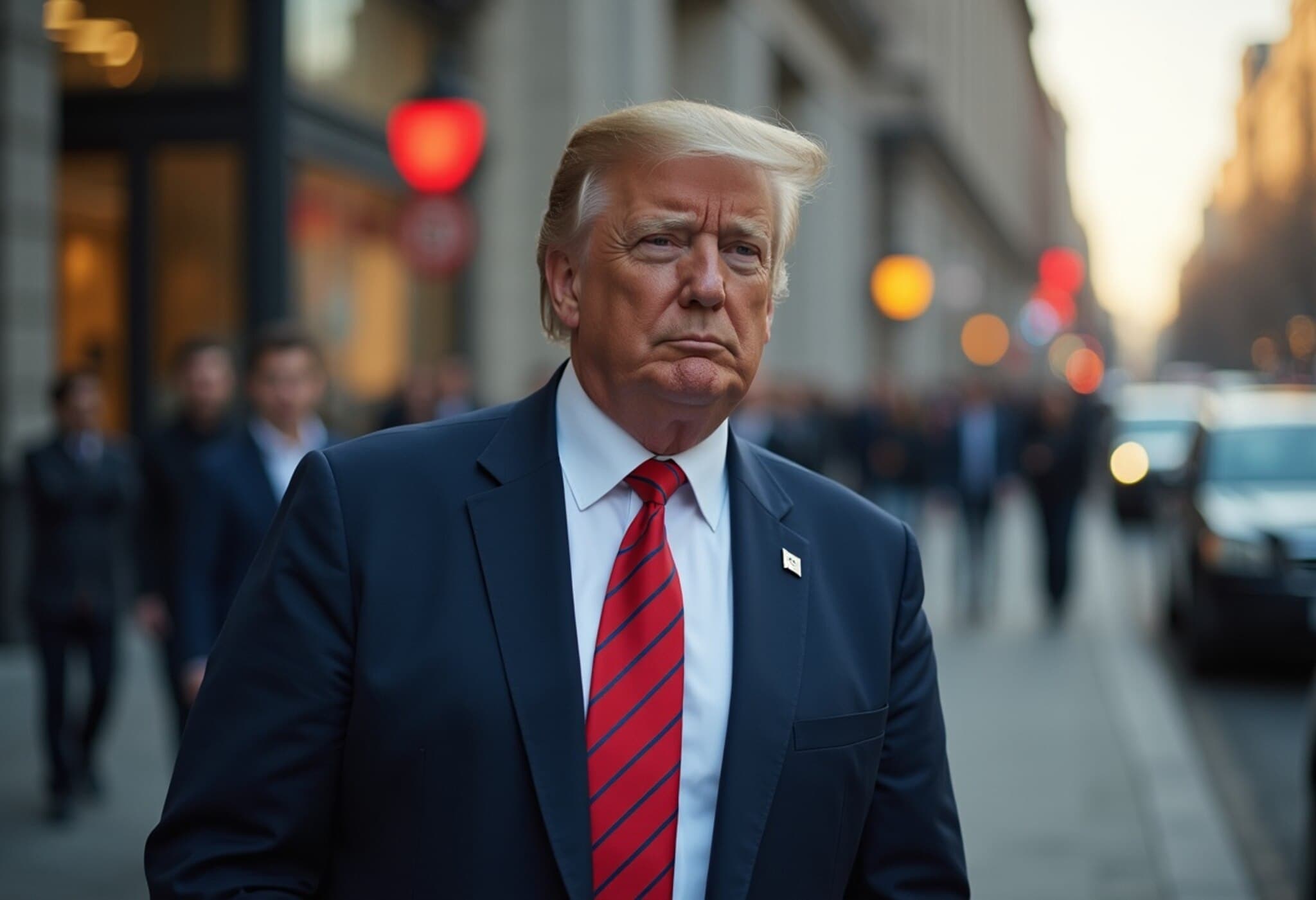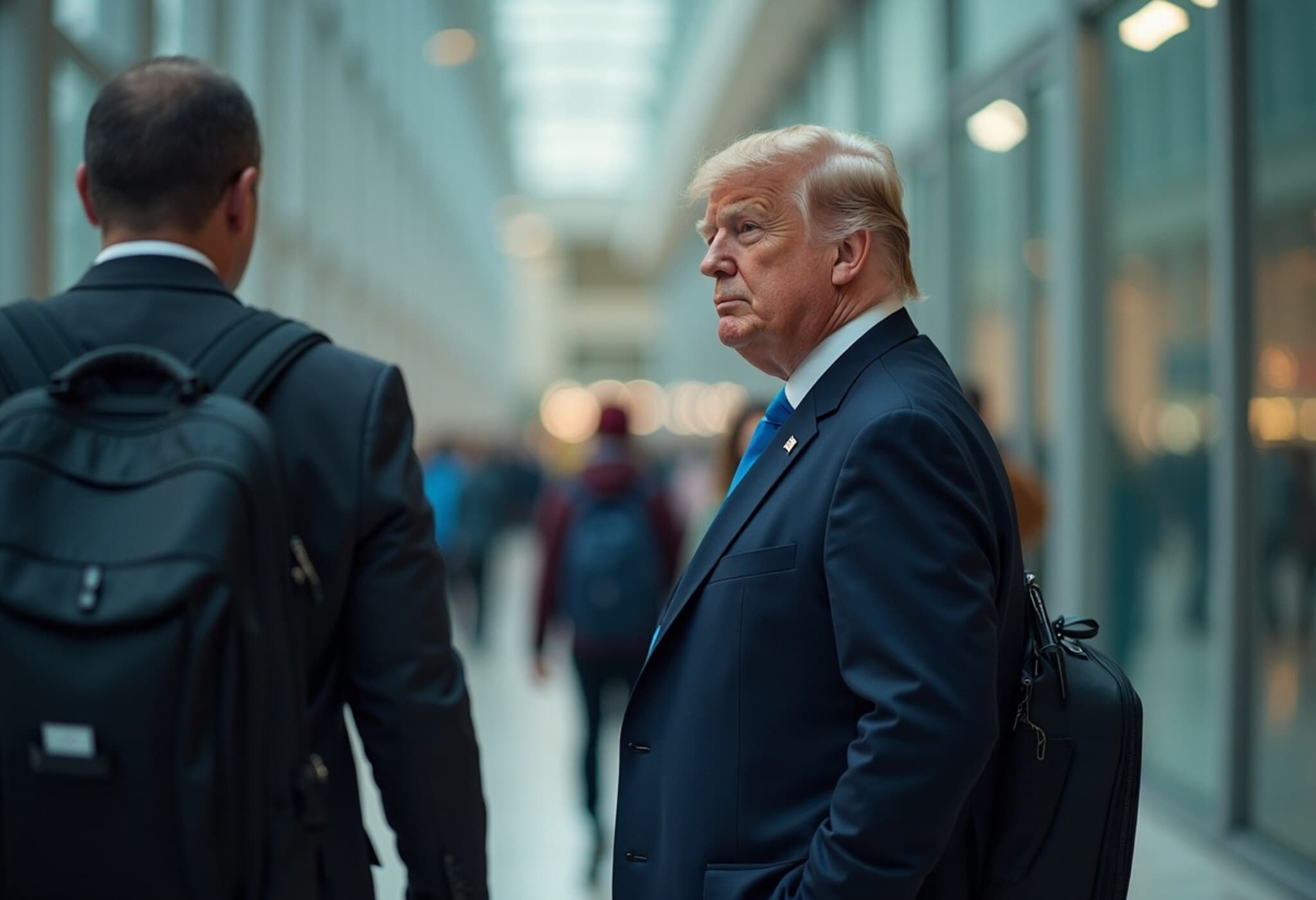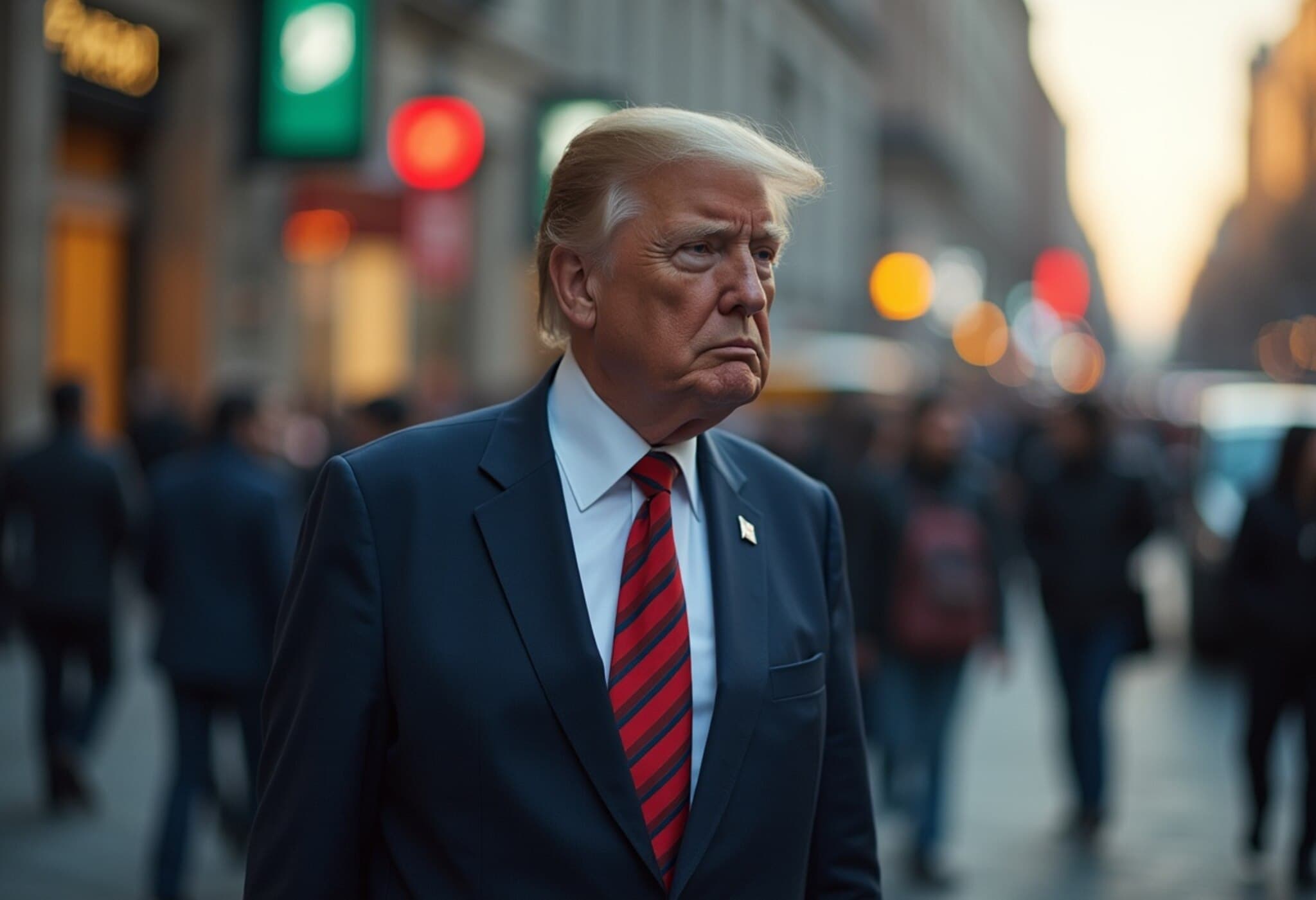US Considers Broadening Travel Restrictions Amid Security Concerns
In a significant escalation of immigration controls, the US administration is contemplating an expansion of its travel ban to include citizens from 36 additional countries. This move builds on a recent proclamation barring entry from 12 nations, aiming to mitigate perceived national security risks.
Current Travel Ban and Proposed Expansion
Earlier this month, President Donald Trump signed a proclamation banning citizens from 12 countries, citing threats from foreign terrorists and other security concerns. Now, according to an internal State Department cable, the US is considering including 36 more countries if they fail to meet certain security protocols within the next 60 days.
Key Reasons for Expansion
- Unreliable identity documents: Some countries lack the capability or willingness to produce secure passports and identity papers.
- Limited government cooperation: Difficulty in repatriating nationals who have been ordered to leave the US.
- Visa overstays: Reports of citizens from these nations overstaying their US visas.
- Links to terrorism and hostile activities: Involvement in acts of terrorism or anti-American and antisemitic behavior within the United States.
It’s important to note that not all concerns apply uniformly to every country on the list.
Countries Potentially Affected
The 36 nations under scrutiny include Angola, Antigua and Barbuda, Benin, Bhutan, Burkina Faso, Cabo Verde, Cambodia, Cameroon, Cote D'Ivoire, Democratic Republic of Congo, Djibouti, Dominica, Ethiopia, Egypt, Gabon, The Gambia, Ghana, Kyrgyzstan, Liberia, Malawi, Mauritania, Niger, Nigeria, Saint Kitts and Nevis, Saint Lucia, Sao Tome and Principe, Senegal, South Sudan, Syria, Tanzania, Tonga, Tuvalu, Uganda, Vanuatu, Zambia, and Zimbabwe.
Context and Historical Background
This potential expansion follows a wave of immigration policies from the administration since the start of its second term. These have included deportations of suspected gang members and restrictions on foreign students’ enrollment in US universities.
Previously, the administration imposed bans targeting travelers from seven Muslim-majority countries early in the first term—a policy that reached the Supreme Court and was upheld in 2018.
Implications and Next Steps
The State Department has given the concerned countries a 60-day window to address the cited security concerns and improve documentation and cooperation standards. Failure to comply could result in full or partial travel suspensions.
If implemented, this would mark one of the largest expansions of travel restrictions in recent US history, reflecting the administration's increasingly stringent approach towards immigration and national security.


